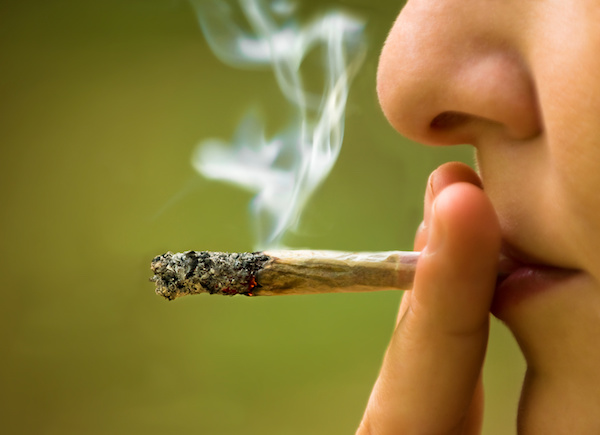Marijuana use may pose a greater risk of damage to adolescent brains than alcohol consumption, according to a new study published last week.
The American Journal of Psychiatry found that cannabis had greater short and long-term consequences than alcohol on four key components of a teen’s brain. These four cognitive functions included: problem solving, long-term memory, short-term memory manipulation, and the ability to stop habitual behavior when needed.
Researchers were surprised at the findings from their analysis. Patricia Conrad, lead author and professor of psychiatry at the University of Montreal, said, “We initially suspected alcohol would have a bigger effect.”
Canadian researchers studied 3,800 adolescents for four years, starting at age 13, to measure the effects of marijuana use on their brains. The teens agreed to provide annual reports on how frequently they used marijuana and alcohol, along with taking computer-based tests that measured brain function.
One of the most troubling findings was that cannabis use at a young age may cause long-term damage to the brain, including a greater risk for addiction later in life.
This is not the first study that has found a frightening link between adolescents use of marijuana and negative effects on the brain. In 2014, The Lancet Psychiatry found that teens who smoke marijuana daily are 60% less likely to graduate from high school or college and seven times more likely to attempt suicide. A study from New Zealand conducted in part by researchers at Duke University found that people who started using marijuana heavily as teens lost an average of 8 IQ points that did not fully return even if they stopped using marijuana later in life.
